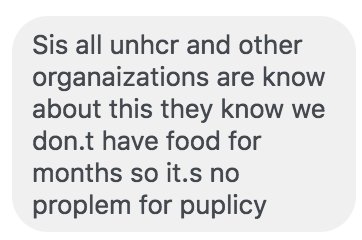First, an intermediary is traditionally a provider of a service to facilitate a transaction between original producer and ultimate consumer.
It also includes, specifically as a service, strategic (partial) disclosure.
This is why we speak of "trusted intermediaries" in the information age.
@threadreaderapp unroll that mofo plz.








